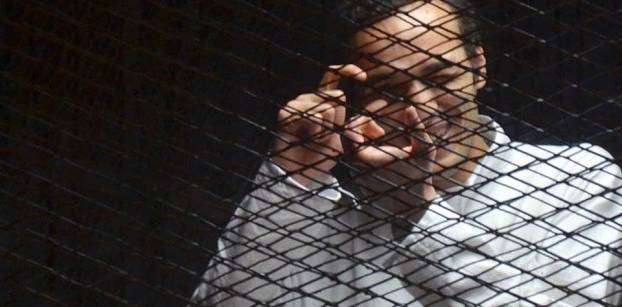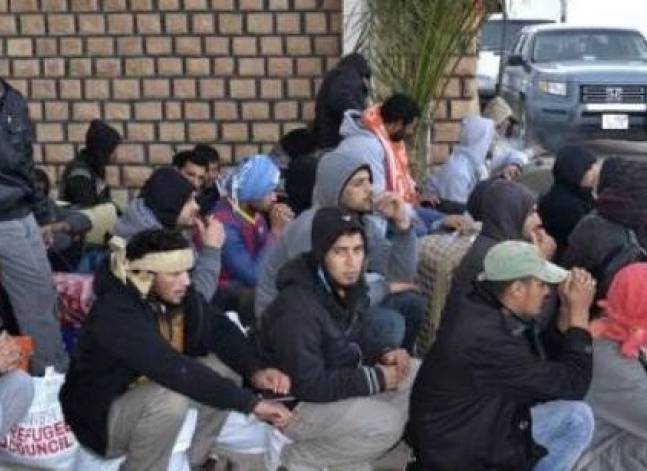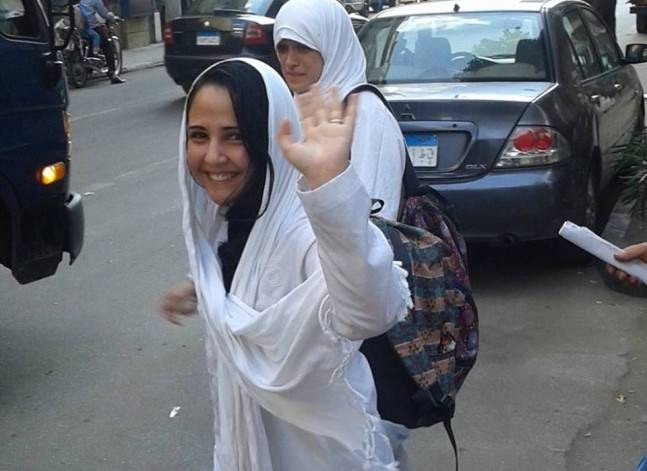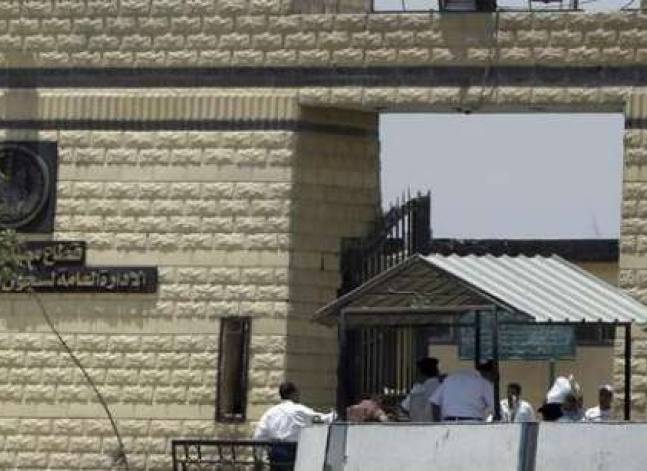Latest NEWS
- Aswat Masriya, the last word
- Roundup of Egypt's press headlines on March 15, 2017
- Roundup of Egypt's press headlines on March 14, 2017
- Former Egyptian President Hosni Mubarak to be released: lawyer
- Roundup of Egypt's press headlines on March 13, 2017
- Egypt's capital set to grow by half a million in 2017
- Egypt's wheat reserves to double with start of harvest -supply min
- Roundup of Egypt's press headlines on March 12, 2017
Committee reviewing cases of young detainees to exclude those ‘involved in violent acts,’ says member
Photojournalist Mahmoud Abu Zeid, known as Shawkan, has been detained for over three years pending trial. (Photo courtesy of the Freedom for Shawkan Facebook page)
CAIRO, Nov 10 (Aswat Masriya) – A newly-formed committee tasked with looking into cases of detained youth will exclude cases of those “involved in violent acts,” according to its member Mohamed Abdel Aziz.
Last week, the presidency announced the formation of the committee to examine cases of youth held in pretrial detention, and send its findings to the president in order to undertake needed legal procedures for their release.
The committee includes representatives from the National Council for Human Rights (NCHR), MP Tarek Al-Khouly, and Free Egyptians party’s board member Osama Al-Ghalazy Harb, among others.
Abdel Aziz, member of the committee and board member of the National Council for Human Rights, told Aswat Masriya that the committee has certain criteria through which it will examine cases of detained youth.
The committee will decide “whether they were actually involved in violent acts or if their names were randomly dragged into the case as suspects.”
According to Abdel Aziz, the committee does not have a census yet for all the cases and requests it had received. However, it is prioritising students, prisoners of conscious, and protesters.
According to the Egyptian Initiative for Personal Rights (EIPR), at least 1,464 people alone are held in Egyptian prisons pending trial for periods that have exceeded the legal limit.
Committee member Khouly also told reporters on Wednesday that the final list of detainees eligible for presidential pardons will not include Muslim Brotherhood members, independent newspaper Shorouk reported.
He explained that the committee is coordinating with relevant authorities to gather information about cases whose family members claim were arrested during Muslim Brotherhood protests.
The ouster of Mohamed Morsi in 2013, and the violence that ensued in its wake, was followed by a heavy security crackdown on thousands suspected of belonging to the outlawed group. This included journalists, students and activists, according to human rights groups.
According to Human Rights Watch (HRW), Egyptian authorities have jailed more than 41,000 people since Morsi’s ouster. “About 29,000 of those jailed are members or supporters of the Muslim Brotherhood, while others include government critics from a wide swath of political factions,” HRW said.
In July 2014, the Interior Ministry said that 7,389 people arrested in connection with the unrest surrounding Morsi’s overthrow remained in pretrial detention, according to HRW.
In statements on her Facebook page last week, journalist and writer Nashwa Houfy, who is also a member of the committee, recounted a phone call with the parents of a young detainee who is charged with belonging to a terrorist organization, who wanted her to consider his case.
“I explained to them that we never believe that our sons may make mistakes because we are fathers and mothers,” she wrote.
The next day, Houfy reposted an opinion article in which she blatantly criticized previous presidential pardons, including the one that included the Al Jazeera journalists.
Rights lawyer Mokhtar Mounir cast doubt on the committee’s overall work.
“The members of the committee already have a problem with those detained, which indicates that this whole committee is a hoax,” rights lawyer Mokhtar Mounir told Aswat Masriya. “Every now and then similar promises are given, but nothing happens on the ground.”
Mounir suggested that instead of forming “fake” committees, there should be efforts to amend the legislations that result in the imprisonment of youth in the first place. He also criticized arbitrary arrests and called for having an independent judiciary.















